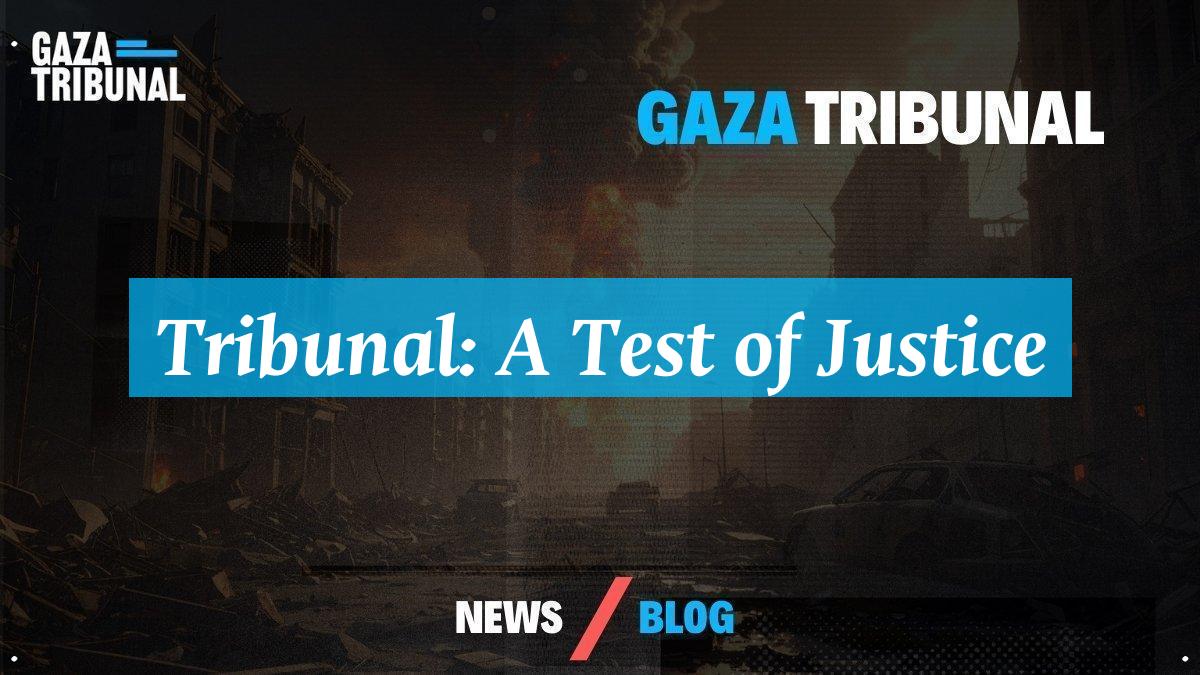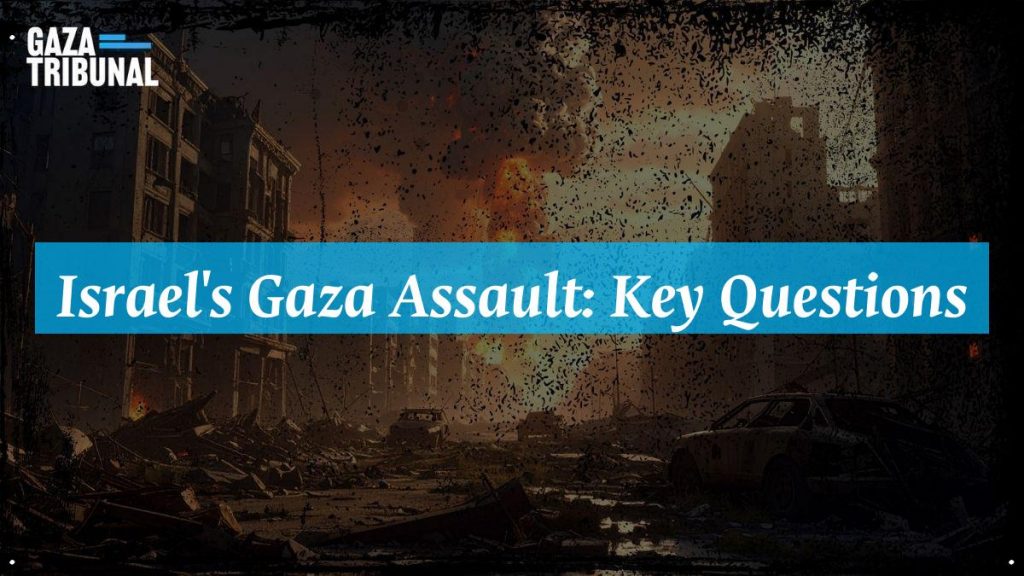The October 7 conflict marked a significant escalation in the already tense relationship between Israel and Gaza. As the dust settles on this harrowing chapter, many questions linger about the acts committed during this time. With over 2,000 lives lost and countless homes reduced to rubble, one cannot help but ponder the impact of this violence on innocent civilians. What truly stands out in this ordeal is the toll it has taken, not just on infrastructure but on human dignity. In the aftermath, international human rights organizations have raised alarms, declaring these actions as potential crimes against humanity. It’s disheartening, yet inevitable, to confront the grim realities of conflict, leaving many wondering: How do we rebuild from such devastation?
Envision, however tentatively, a world in which, the statistics tell a haunting story: 17,200 homes destroyed, along with schools and places of worship leveled to the ground. The scope of the October 7 conflict is staggering, echoing through the lives of those it affected. Yet, the complex dynamics surrounding these events evoke deep frustration. As we observe the aftermath of such aggression, we must wrestle with our own roles and responsibilities. Should the international community take a firmer stance, or is it bound by political restraints? This ongoing dialogue is crucial as we reflect on the lessons learned. It’s clear that the path to peace remains elusive amid such chaos, yet we must be resolute in our pursuit of justice for the victims.
The Gaza Tribunal’s Purpose
The Gaza Tribunal aims to investigate serious allegations of human rights violations. Many organizations have raised concerns about the actions taken during the recent conflict. Various reports indicate that the Israeli military may have committed war crimes during its operations. Not open to serious contestation, the tribunal will focus on gathering evidence and testimonies related to these claims.

The full measure of what must be grasped concerning, the tribunal seeks to hold accountable those responsible for any violations. Activists and human rights advocates hope this will bring justice to the victims. They believe that transparency is crucial for healing and rebuilding trust. How can we move forward without addressing these issues? The need for accountability grows stronger each day.
The Impact of the Conflict
The recent conflict in Gaza left a devastating impact on the civilian population. Over 2,000 lives were lost, and countless others were affected. Families lost their homes, and many communities faced destruction. The numbers tell a tragic story: 17,200 homes and numerous educational institutions were reduced to rubble. This destruction raises serious concerns about the future of those who survive.
Seen from the vantage of, the psychological toll on the survivors is immense. Children, in particular, face lasting trauma from the violence. They need support to process their experiences and rebuild their lives. The question remains: how can we assist these vulnerable individuals? Rebuilding efforts must prioritize mental health and community resilience in the aftermath of such tragedy.
International Response and Responsibility
International reactions to the conflict varied widely. Some nations condemned the violence, while others remained silent. This division highlights the challenges in addressing human rights violations globally. The Gaza Tribunal represents an opportunity to unify efforts towards justice. It encourages countries to take a stand against impunity and support victims.
Additionally, the international community plays a crucial role in shaping the future. By supporting the tribunal, nations can demonstrate their commitment to human rights. They can also send a clear message: accountability matters. As advocates for justice, we must remain vigilant. We should never forget those who suffered.
A Call for Unity and Healing
As we reflect on the events in Gaza, we must also consider the path forward. Unity and healing become essential in rebuilding lives and communities. The Gaza Tribunal can serve as a catalyst for change, bringing together various stakeholders. Through collaboration, we can work towards a future where justice prevails.
Thank you for taking the time to consider these important issues. Your attention to this matter can help foster awareness and promote healing. Together, we can strive for a more just and peaceful world! For more details, visit the source here.
Gaza News


